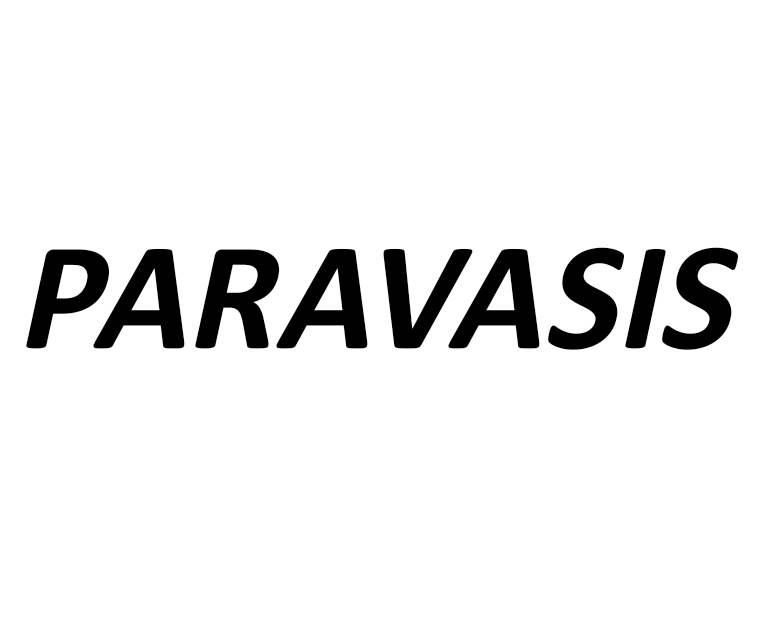A NEW PARADIGM OF CUSTOMISED AND ADVANCED DESIGN OF FUTURE INDUSTRIAL SYSTEMS
PARAVASIS is a CDTI-funded project supported by the Spanish Ministry of Science and Innovation, which investigates new technologies to bring about a substantial improvement in design and development process flexibility and productivity of complex industrial systems by favouring software-intensive customisation of new products and considering the best balance of time, capacity and cost, as well as safety.
Complex software systems development in the future is likely to be more like expressing desired capabilities and functionalities than writing code or having an algorithm library. Software and systems engineers will become specialists in training artificial intelligence (AI) systems that must learn from experience. Smart software will no longer refer to well-developed code according to best practices, but will be the result of working with AI systems that implement the best ideas that practitioners can think of.
PARAVASIS investigates disruptive technologies that facilitate customisation, parameterisation and flexibility in the face of design process changes, thanks to the use of AI that is trained and used by the multidisciplinary team, focusing on the ideas as if they were a single team as they jointly design the new product/system or changes to an existing one. In this way, they focus on the business in a safer and less costly process and where Extended Reality technologies allow advanced simulations of the design to be carried out in real time.
General project objectives:
- GO1: Increase design flexibility and productivity in complex industrial systems design and development process for different domains.
- GO2: Encourage software-intensive customisation of new products by considering the best balance of time, capacity and cost, as well as safety requirements at design.
- GO3: Test the research hypotheses through experimentation in four proof-of-concepts in sectors where software-intensive system design is complex: shipbuilding, industry, railways and aerospace.
The project’s specific objectives are:
- SO1: Research into new paradigms for expressing human ideas that are automatically converted into complex industrial system designs using artificial intelligence technologies and trained AI systems that interact with a multidisciplinary team using a given vocabulary.
- SO2: Research into new composition paradigms through smart design and construction technologies for software components
- that facilitate the automatic integration of components that were not initially intended to work together.
- SO3: Research in extended reality technologies to carry out real-time simulations based on the designs devised by the multidisciplinary team
- and the software components that support them, with the possibility of selecting and modifying characteristics considering the best balance of time, quality, cost and safety.
- SO4: Carry out a proof of concept for partial automation of the new disruptive technologies investigated as a result of specific objectives 1 to 3.
- SO5: Carry out industrial experimentation of research results in proof-of-concepts in the shipbuilding, industrial, railway and aerospace sectors.
Execution period: 01/10/2022 – 30/06/2025
Consortium: Ghenova Digital, DHG, Integrasys, Cotesa, Capgemini Engineering, Optiva Media, Kololium and Komorebi.

